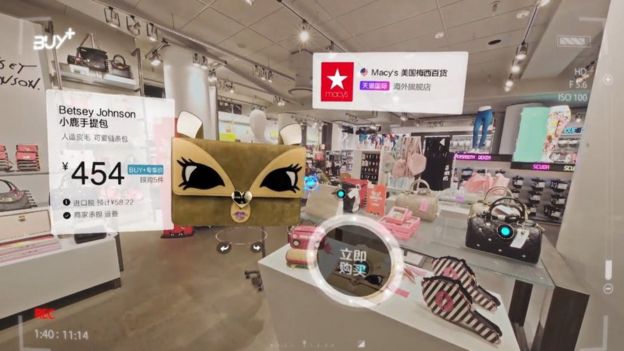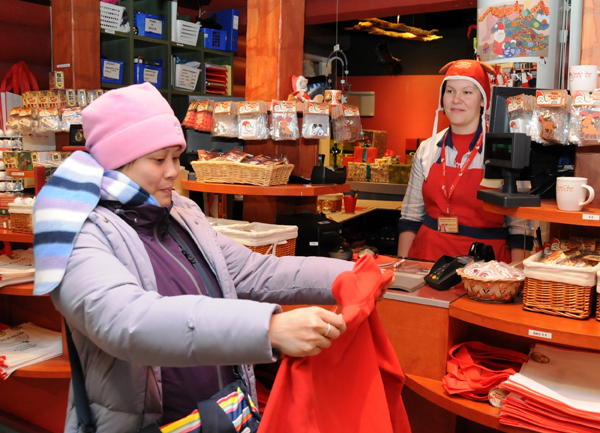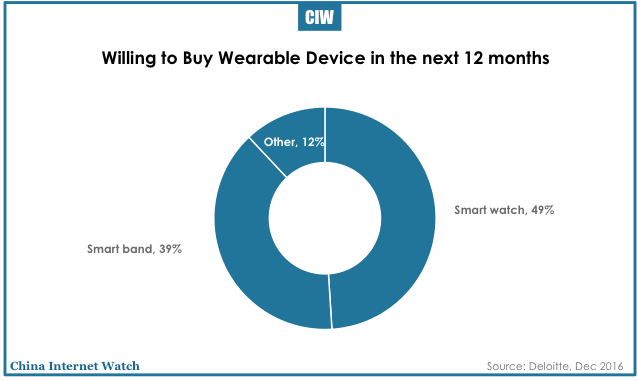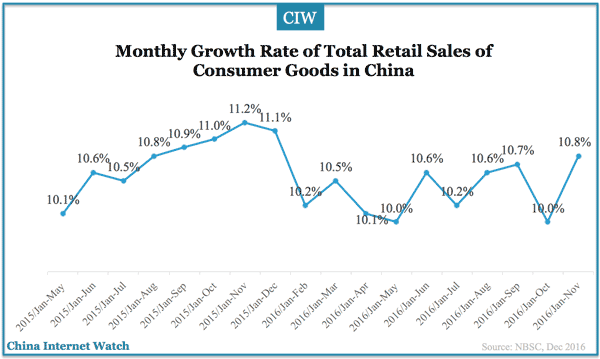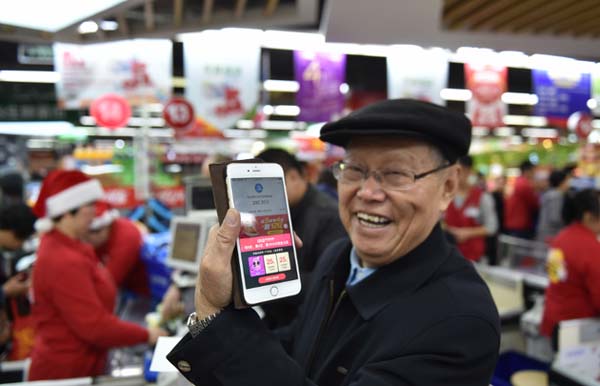Alibaba’s YunOS to overtake Apple’s iOS as China’s 2nd-biggest smartphone operating system
Bien Perez
Monday, 28 Nov 2016 | 12:44 AM ET
YunOS, the mobile operating system developed by Alibaba Group, is on track to corner a 14 per cent share of smartphone shipments in mainland China by the end of this year, pulling ahead of Apple's iOS to become the second-largest operating system for that device in the market, according to analysts.
The forecasts would confirm
Alibaba's claim earlier this year that YunOS had initially passed iOS on the mainland in the three months ended March 31.
Despite the strong strides made by the Alibaba platform, Bernstein senior analyst Mark Li told the
South China Morning Post that growth prospects for YunOS outside of its home market would likely be limited to "cheap or subsidized smartphones".
According to research firm Strategy Analytics, Alibaba-backed Meizu, XiaoLaJiao and Doov are the top YunOS smartphone suppliers.
It estimated the total shipments of YunOS-powered smartphones this year will top 100 million units, echoing the earlier projection made by e-commerce giant Alibaba.
New York-listed Alibaba, which owns the
Post, has also adapted YunOS to work as an operating system for television set-top boxes, smart home appliances, tablets, internet-connected smart TVs, smart cars and even
SoftBank Group's humanoid robot called "Pepper".
At Alibaba's cloud computing conference last month in Hangzhou, YunOS product director Aiden Yong said: "We want YunOS to be the 'go-to' operating system for China's smart industry."
Tsinghua Unigroup semiconductor affiliates Spreadtrum Communications and RDA Microelectronic last month jointly launched with Alibaba's YunOS business unit a new chip platform for hardware manufacturers to create innovative products for the so-called Internet of Things market of smart, connected devices.
In a report on Friday, Bernstein pointed out that the key motivation for hardware manufacturers to adopt YunOS are the subsidies from Alibaba.
Set-top box makers on the mainland, for example, reportedly receive from 20 to 60 yuan per box as a subsidy to encourage the adoption of YunOS.
Li said that figure may sound insignificant, but it is meaningful when put in the context of "the razor-thin margins of these hardware vendors", especially the smaller manufacturers.
The low price afforded by YunOS smartphones has made these devices gain most of their users across the mainland's lower tier cities.
Data from Sino Market Research and Bernstein showed that 54 per cent of YunOS adoption last year was found in tier-4 or smaller cities in the country, compared with 9 per cent in the tier-1 cities like Beijing, Shanghai and Shenzhen.
The smartphones and other devices that run YunOS serve as the conduit through which Alibaba reaches users, as well as learn more about their preferences and behaviour, according to Li.
He said that deeper understanding enables Alibaba to better provide the various online services, content and advertising under its vast ecosystem.
YunOS, an operating system built from the free Linux software, made its debut on July 2011 with the Tianyu K-Touch W700 smartphone, but struggled to find strong handset partners due to the popularity of Android devices. That prompted Alibaba to acquire a US$590 million minority stake in Meizu last year to help ramp up YunOS adoption.
"For China, YunOS addresses the concern that the majority of smartphones in the nation run on an operating system that is ultimately led by a foreign company, Google," Li said.




